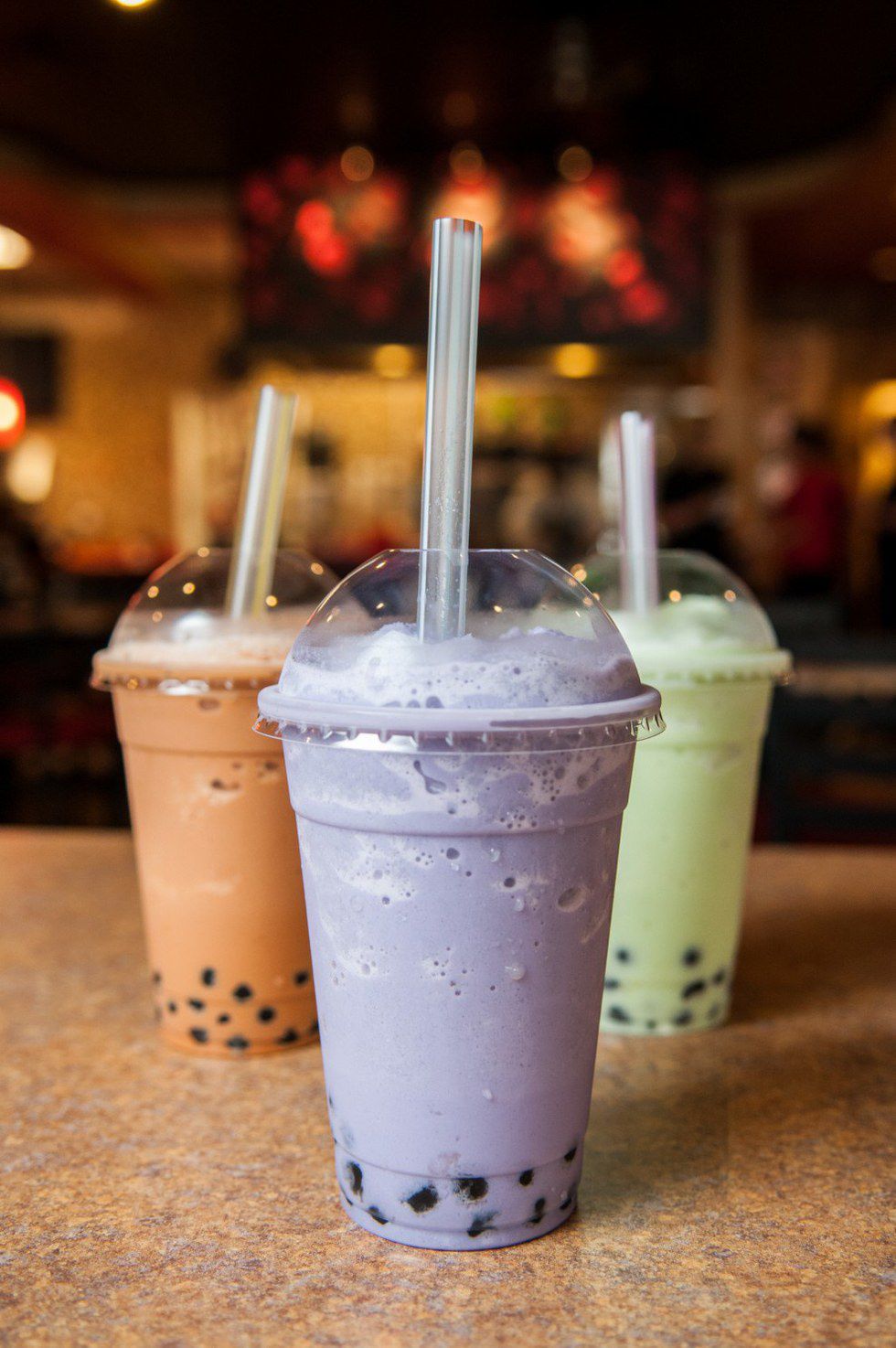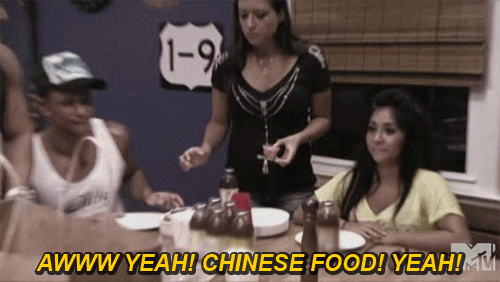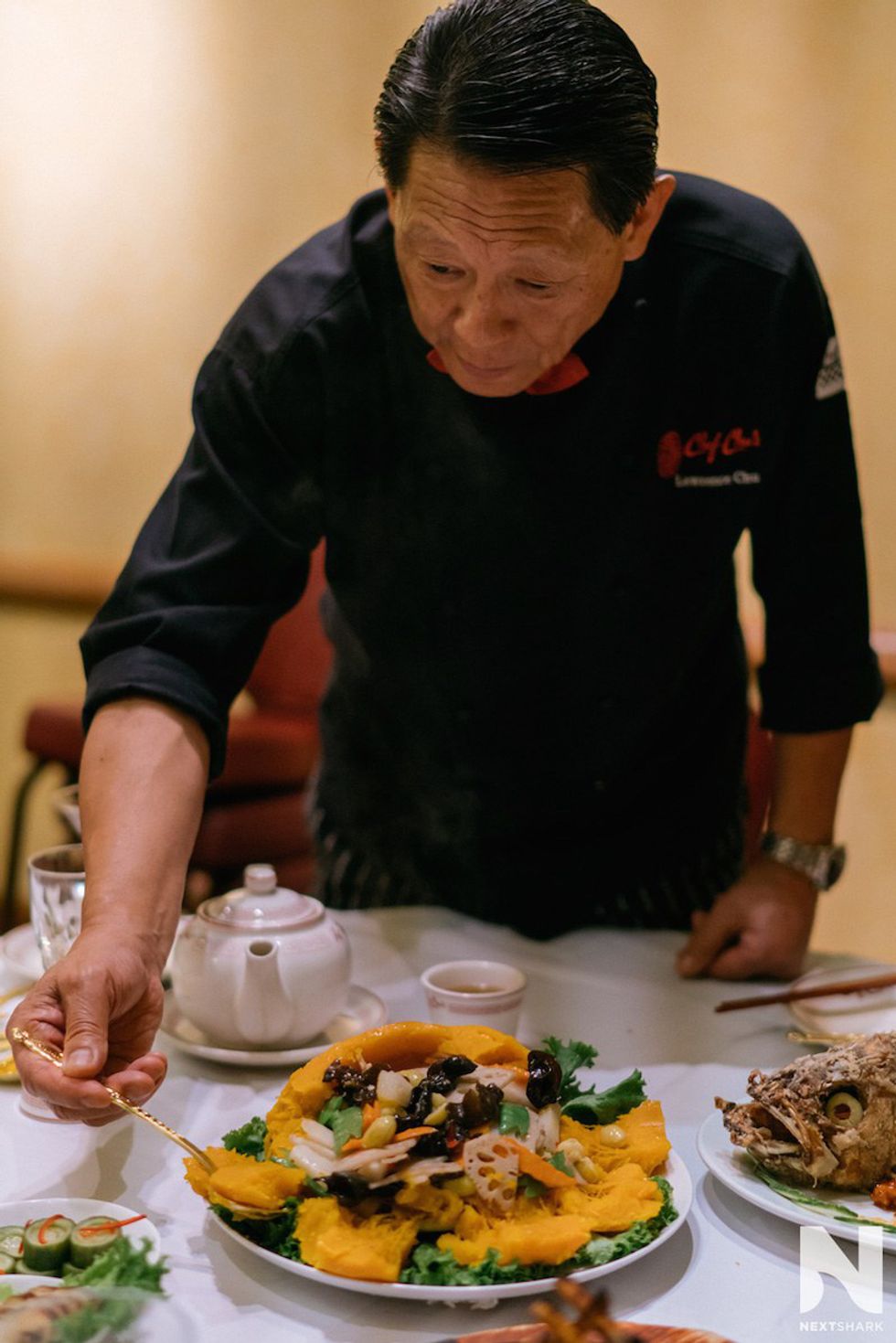So first off, I know what you're thinking. "I KNEW IT!!! They eat live children!" But alas, vegan's do not eat babies and the photo choice was purely for aesthetic.
I personally love Chinese/ Taiwanese/ Nepalese food. It’s so tasty and looks so good, especially in little take-out boxes. Yup, that just does it for me. But sometimes it can be difficult for a vegan to eat there if you don’t know what to look for. So here’s what I do to make it a most pleasurable experience.
1. Always ask if you’re unsure. “Hey, is this chicken broth?” or “Did you use fish sauce on this?” It never hurts to be sure.
2. Just veg out. I love piling my plate with plain rice and loads of steamed veggies. It’s so nutritious and yummy. I never like to eat heavy and this is a perfect alternative.

3. For appetizers choose veggie spring rolls, fried tofu nuggets (they’re good, I swear), or pickled cabbage and cucumber.

4. You can never go wrong with soup. I always fill up with a nice Vegetable Tofu Soup. OMG it’s a delicacy that warms your throat and enlightens your taste buds.

5. For dessert they always carry fresh fruits like star fruit, lychee (my favorite), and yummy sweet potato (not a fruit) which serves its purpose. Stay simple and clean and you’ll never go wrong.

6. Try some breakfast buns topped with soy milk. TO DIE FOR!!! They’re filled with fruits, veggies, jams, and they’re ALL VEGAN. But ask to be certain.

7. Always try the boba tea or bubble tea. It’s definitely vegan (unless the place uses milk) and so delicious. You’re living like the locals (kind of).

8. Have you ever tried Tofu fried rice?

9. Or garlic eggplant? If you ask most will make them for you. They’re super kind.

10. And if you’re feeling extra zesty order a spinach and peanuts dish. It will tingle your palette and it’s so very yummy. I’m quite the sucker for peanuts so…..

Now go eat some good authentic food like the good and happy person you are.























